Neurorehabilitation
Neurorehabilitation follows the first acute phase that characterizes a brain trauma. This branch of medicine is concerned with directing the patient towards a rehabilitation itinerary, aimed at recovering from injuries of the nervous system and neurological disorders.
We will try to inform you about the potential and mechanics of this branch of medicine, showing you how neurological rehabilitation acts on the improvement of the patient’s cognitive abilities.
During our journey we will encounter crossroads and turns that will guide us towards the discovery of further pathologies and neurological deficits such as: stroke, Parkinson’s disease, cerebral palsy, head trauma. We will follow the application dynamics and the impact that neurovisual rehabilitation has on each of these issues.
Latest articles
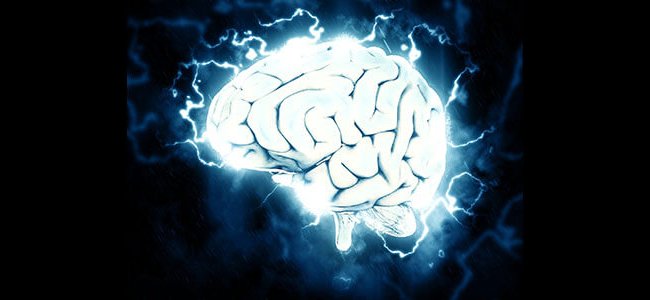
Neuroplasticity: how can we reorganize or rearrange the brain
Neuroplasticity accompanies us from birth until old age and affects our cognitive development.

Attention deficit and hyperactivity: how to recognize it?
Attention deficit and hyperactivity disorder may be due to a multiplicity of factors, among which the most likely are genetic.

Neurodevelopmental disorders: what do they entail?
Neurodevelopmental disorders make their onset in childhood and may persist into adulthood.
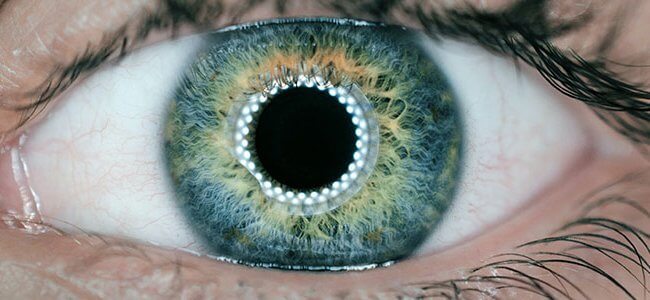
Visual aura: symptoms, causes and treatments
The visual aura generates an impairment of the visual field and, generally, precedes a migraine attack.

Verbal language in autism: how to communicate?
What are the communication problems involving verbal language in autism? Here’s how to act on this issue.
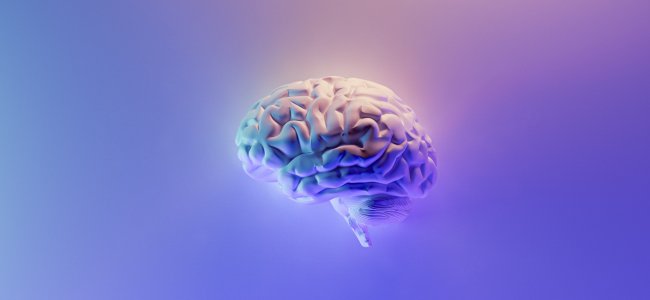
Vascular dementia: what are symptoms, causes and treatments?
Cognitive impairment that occurs with vascular dementia can cause impaired memory and orientation.
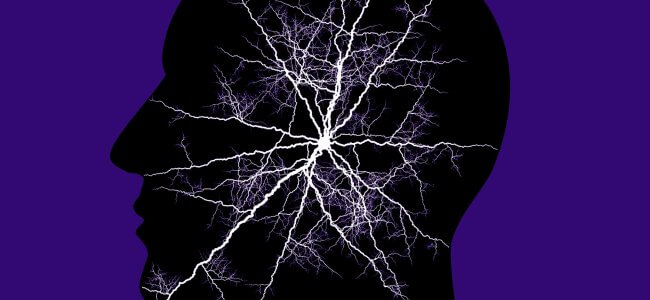
Stroke: symptoms, consequences, and rehabilitation
Cerebral stroke is the third cause of death in Italy. How can we recognize the symptoms and how does rehabilitation take place?
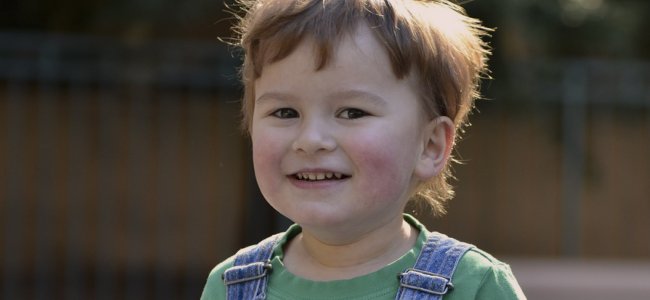
Autism: a different functioning of the individual
What are the causes of autism, prognosis and specific tests? Dr. Beatrice Ferrari, a neuropsychomotor expert of the developmental age, offers an interesting insight.
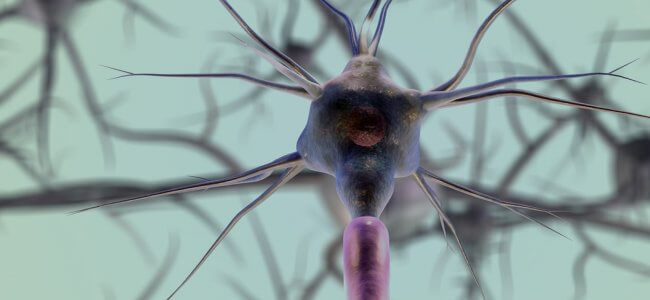
Frontotemporal dementia: what it is, symptoms and rehabilitation
Frontotemporal dementia may be confused with an early form of Alzheimer’s disease.
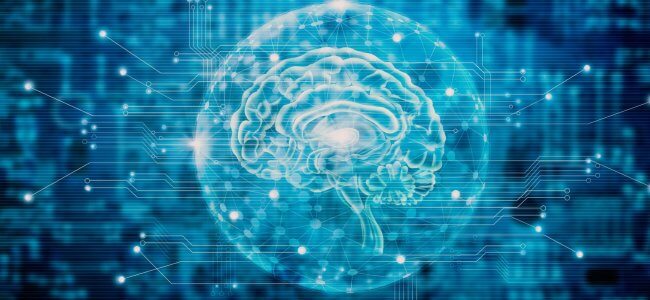
BCI: Neural interface rehabilitation approaches
Early-Stage Rehabilitation with BCI in Alzheimer’s disease.
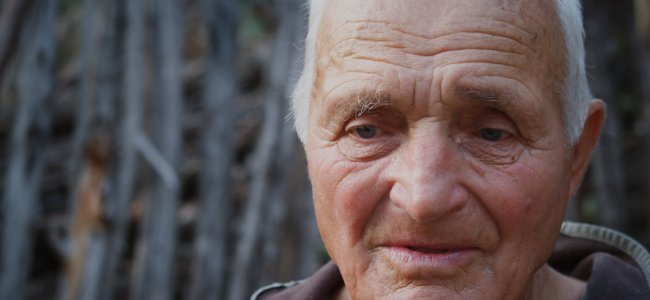
Alzheimer and cognitive rehabilitation: their progress in recent years
An overview of “Alzheimer’s and cognitive rehabilitation”: their significance over the years.
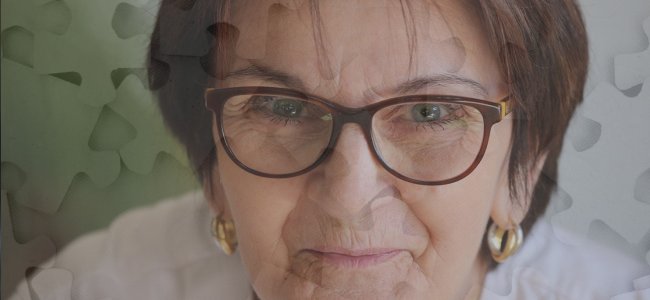
Alzheimer’s: cases to double every 20 years
Continuum between cognitive decay and Alzheimer’s disease.


